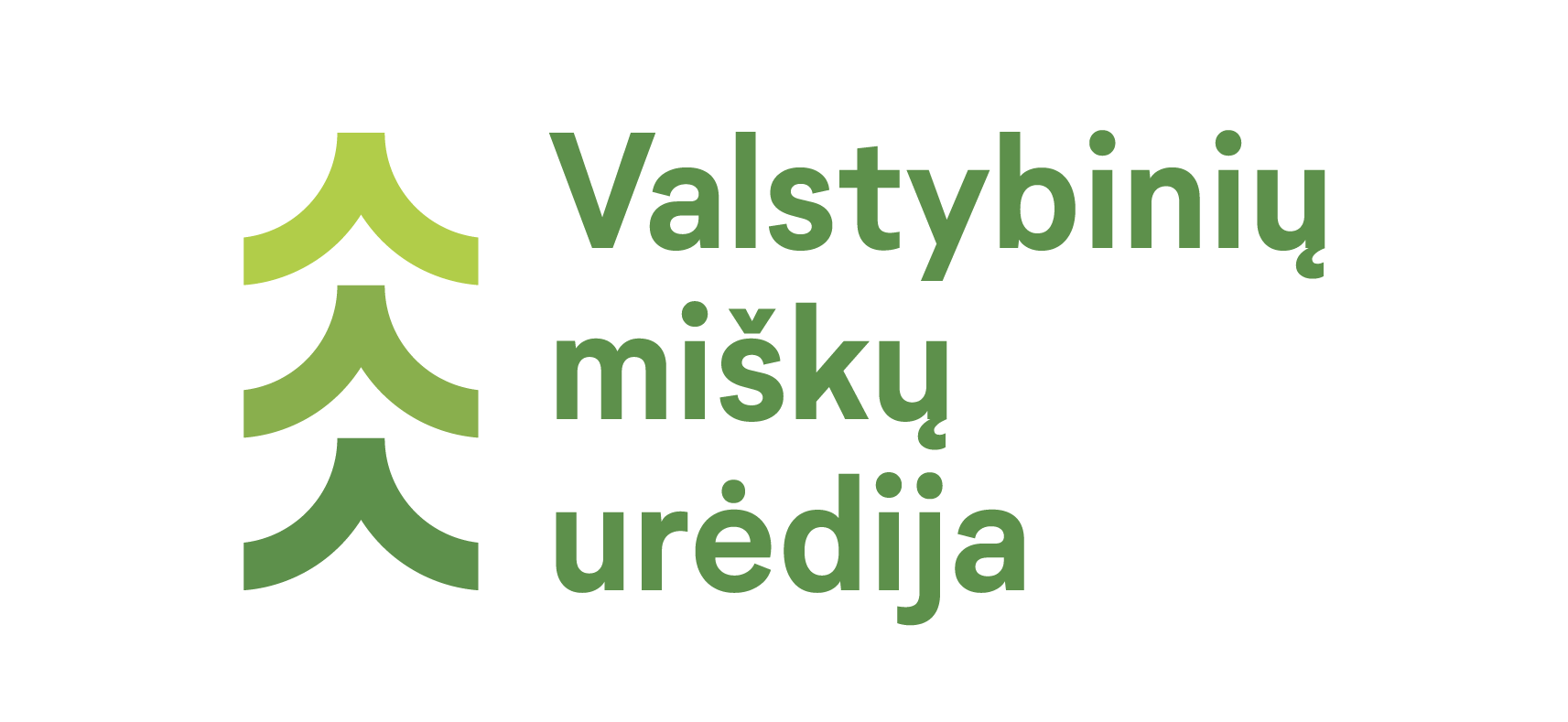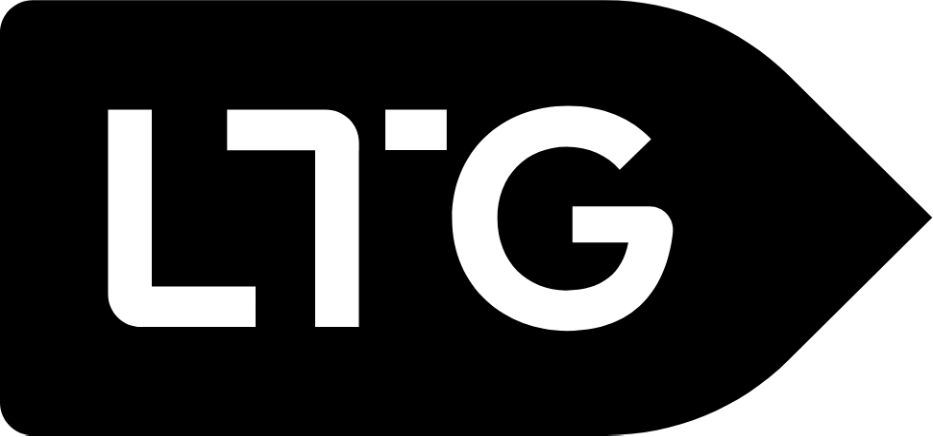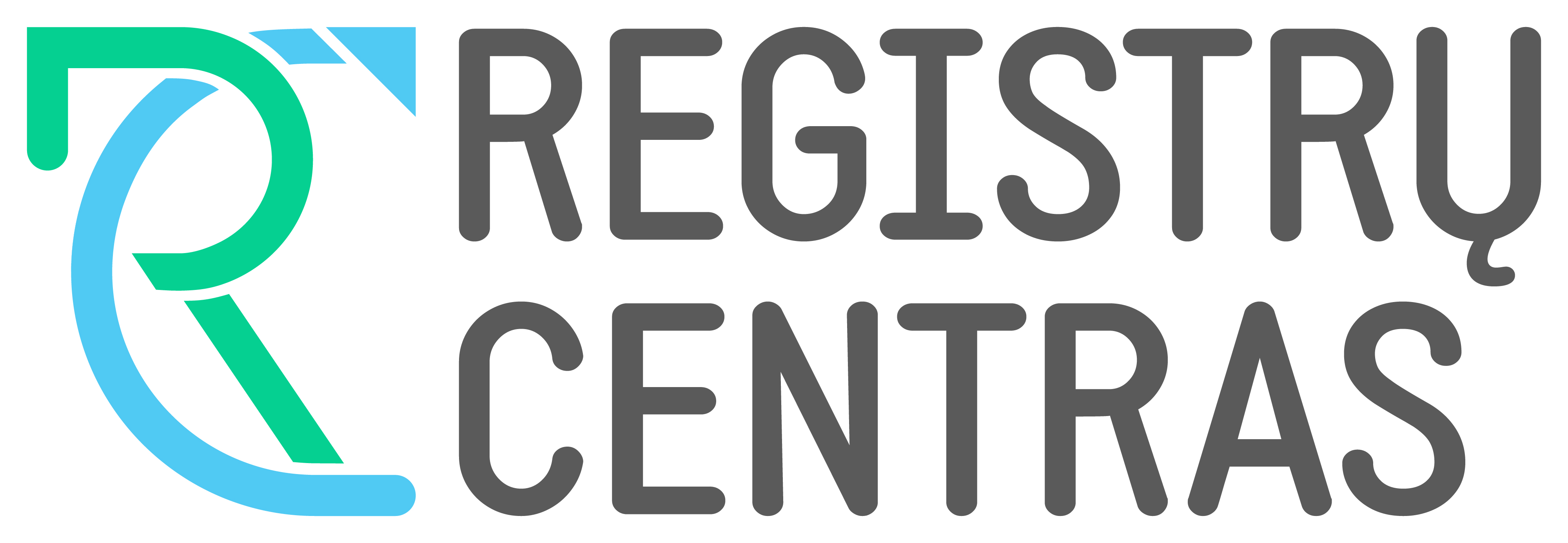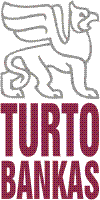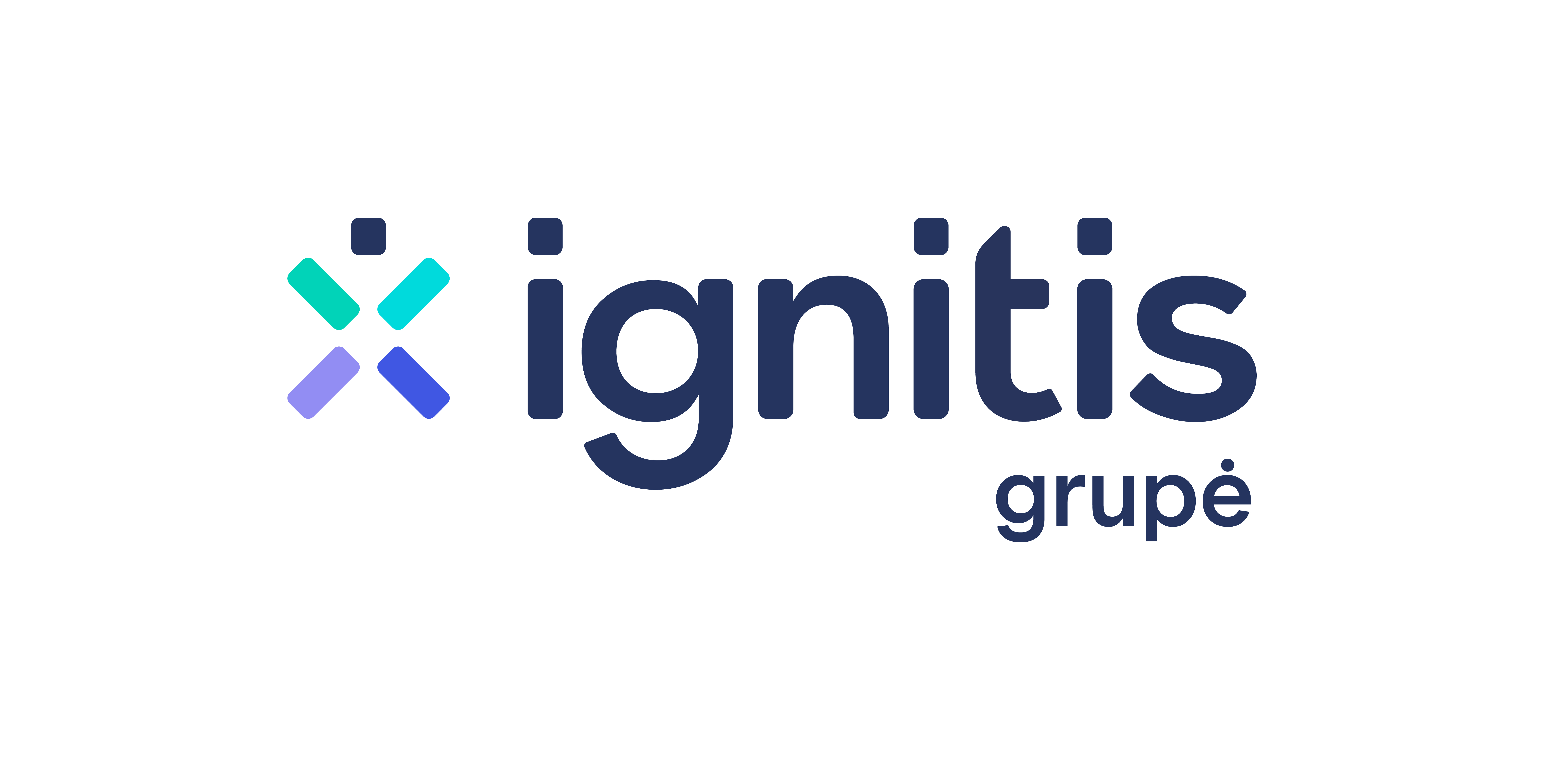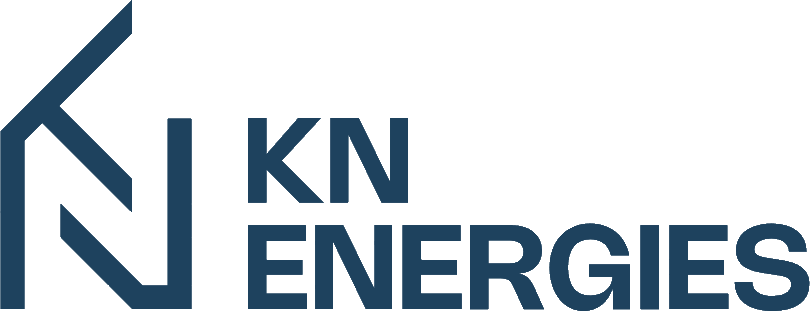Who is a whistleblower?
A whistleblower is a person who, in accordance with the Law on the Protection of Whistleblowers of the Republic of Lithuania, provides information about violations that they have learned of through their employment, service, contractual relationship (e.g., contract, consulting, internship, volunteering, etc.) or other connection with the institution.
A whistleblower may also be a shareholder, a self-employed person, or a member of an administrative, management or supervisory body, as well as a volunteer or trainee.
What types of violations can be reported?
According to the Whistleblower Protection Law, you may report:
- threats to public safety or health, or to an individual’s life or health;
- threats to the environment;
- obstruction of or unlawful influence on investigations carried out by law enforcement institutions or on the courts in the administration of justice;
- financing of illegal activities;
- unlawful or non-transparent use of public funds or assets;
- unlawfully acquired property;
- concealment of the consequences of a violation or obstruction in determining the extent of the consequences;
- other violations specified in the law or EU legal acts.
How to report?
You can submit information about possible violations through:
Internal channel at the Governance Coordination Centre:
by email: info@governance.lt
by post: [insert institution’s address], marking the envelope “For Whistleblower Protection”
in person, by providing the information to the responsible person (contacts below).
National portal: www.pranesk.lt
Directly to the competent authority – the Prosecutor General’s Office of the Republic of Lithuania.
You can submit a report:
by completing the Whistleblower Report Form (PDF, Annex to Resolution No. 1133), or
in free form, clearly indicating that the information is being provided under the Whistleblower Protection Law.
What guarantees apply to whistleblowers?
A person who submits information is guaranteed:
confidentiality of the whistleblower’s personal data and report;
protection against negative consequences (dismissal, pressure, discrimination, etc.);
the right to receive compensation or remuneration for valuable information;
free legal aid;
exemption from liability when the information is provided in good faith.
Knowingly false information does not provide guarantees, and the person who submits it is liable under the law.
Additional resources and methodological support
Guidelines for whistleblowers prepared by the Prosecutor General’s Office
Video clips about the whistleblower system:
Legal information
Law on the Protection of Whistleblowers of the Republic of Lithuania (current version, e-TAR)
Contacts
Responsible person for the administration of the internal channel for reporting violations:
Dovilė Juškevičienė, Administrator
Tel. +370 620 73679
Email: dovile.juskeviciene@governance.lt

